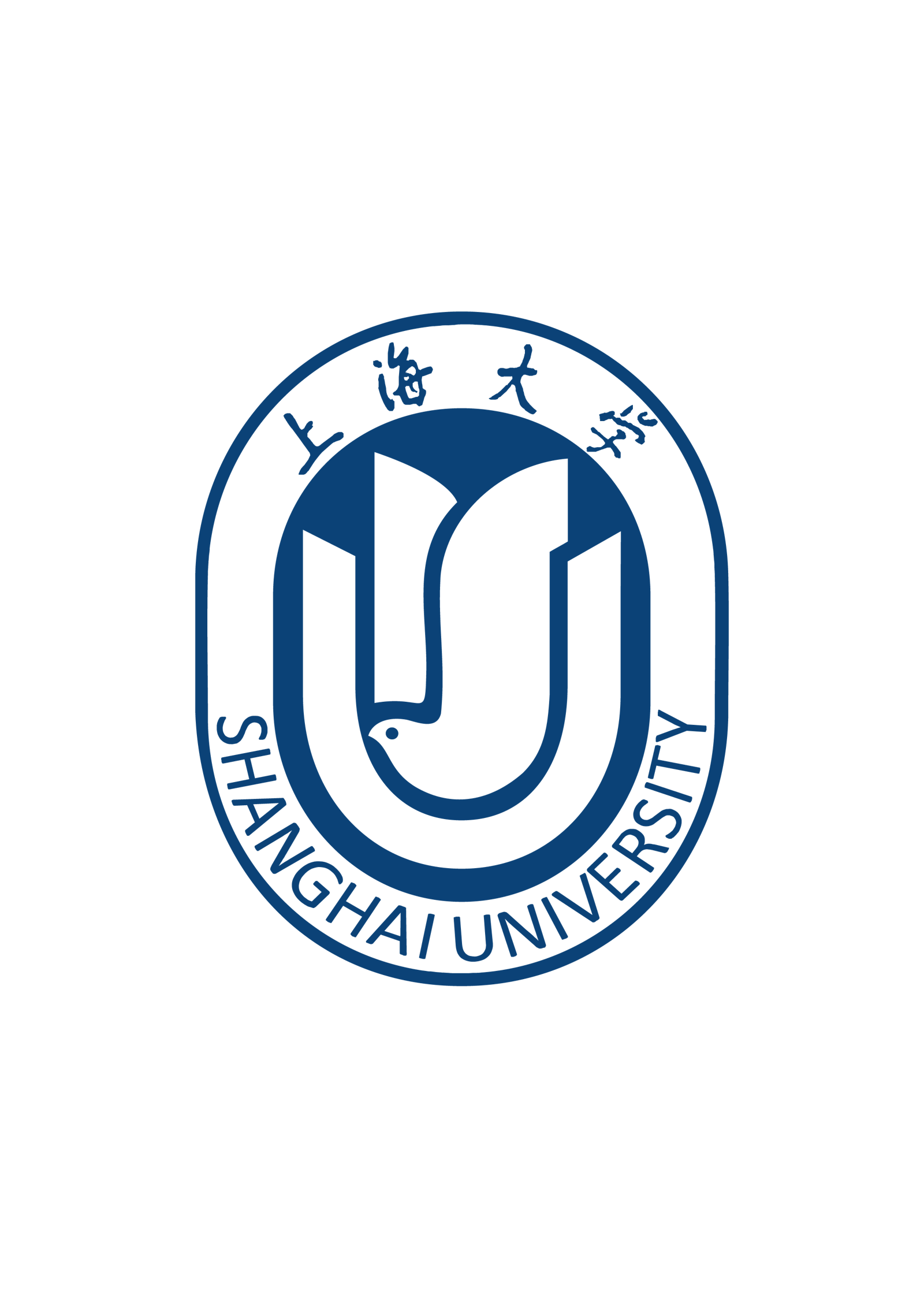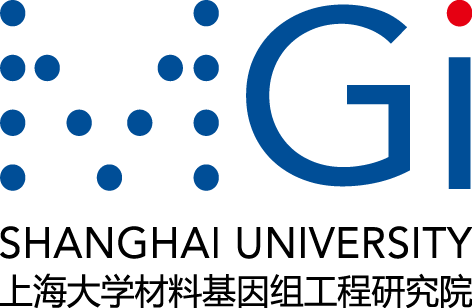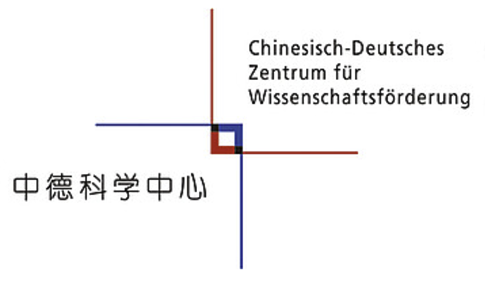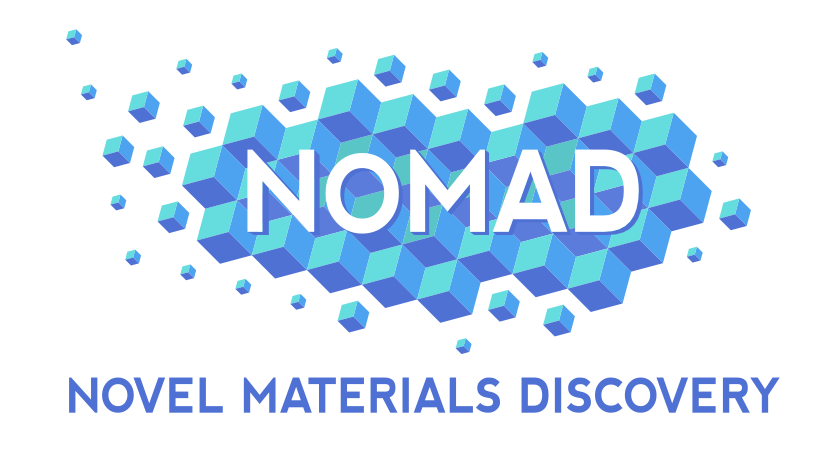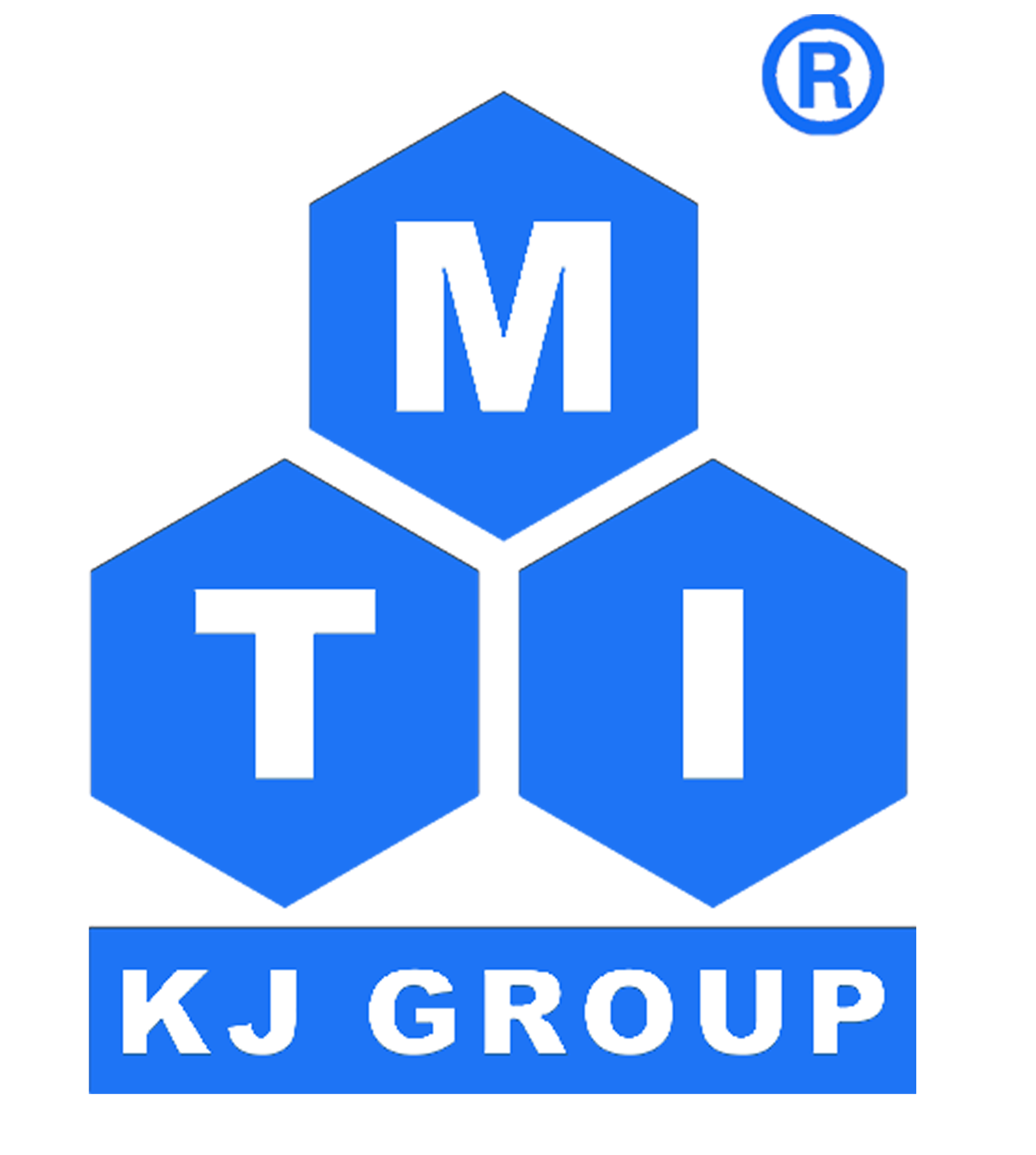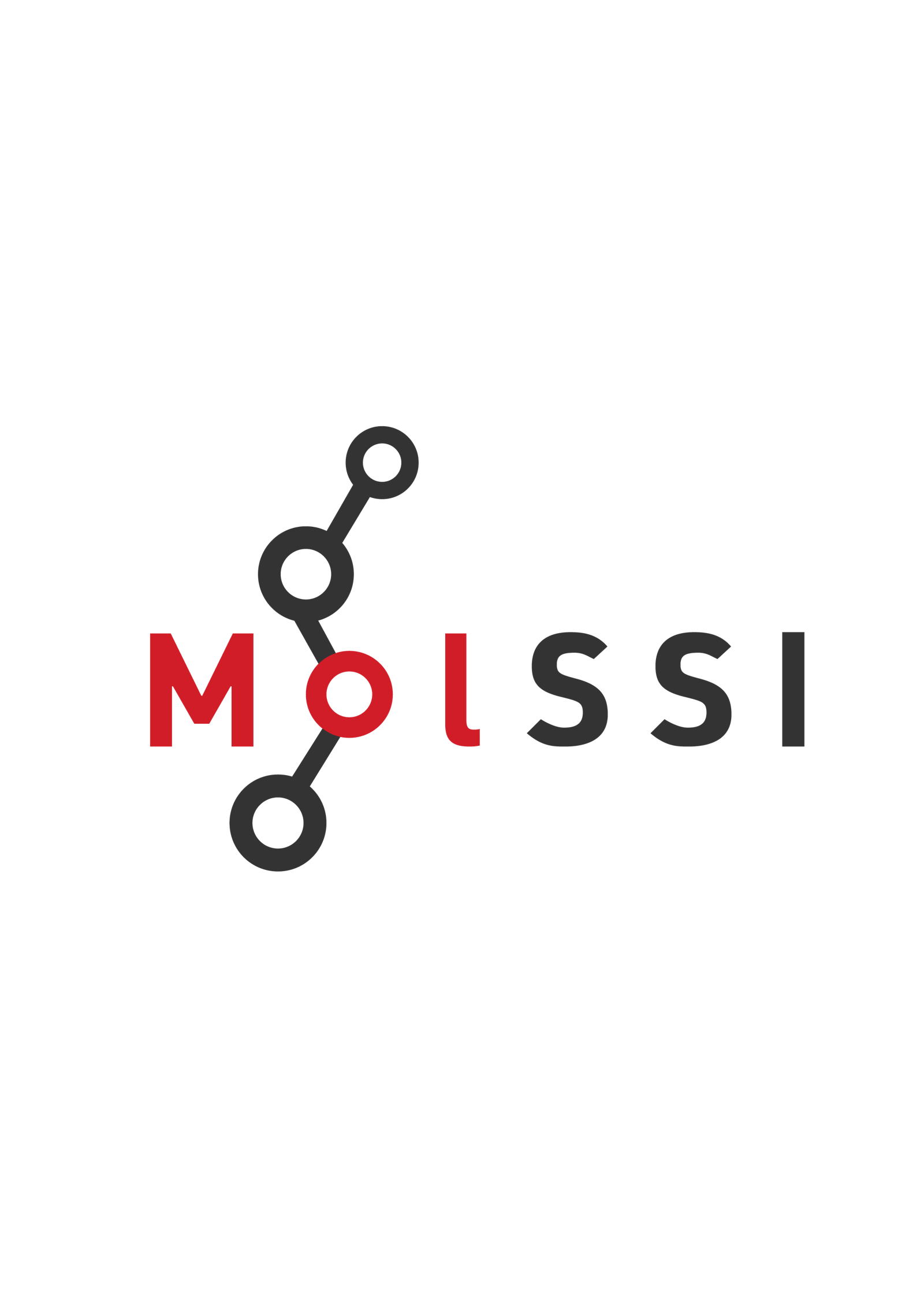Describing Materials Properties and Functions via the “Materials Genes” Concept
Lucas Foppa*
The NOMAD Laboratory at the Molecular Physics Department, Fritz Haber Institute of the Max Planck Society, Berlin, Germany
*Corresponding Author: foppa@fhi-berlin.mpg.de
The intricate interplay of several underlying processes governing certain materials’ properties and functions prevents the explicit, atomistic modelling and hinders the efficient design of new materials. In this talk, I will discuss an AI approach to identify the key descriptive parameters (“materials genes”) correlated with the materials performance and reflecting the physical processes that trigger, facilitate, or hinder the materials’ behavior.1 The symbolic-regression sure-independence-screening-and-sparsifying-operator (SISSO)2,3 and the subgroup-discovery (SGD) AI methods leverage the typically small high-quality experimental or theoretical datasets in materials science. They identify nontrivial relationships between multiple key descriptive parameters and the performance of exceptional materials, guiding the design of new, improved materials. The “materials genes” concept and its impact will be illustrated for heterogeneous catalysis as an example of a complex materials’ function.1, 4,5
Keywords: Symbolic Regression, SISSO, Subgroup Discovery, Heterogeneous Catalysis
References
1. Foppa, L., et al. "Materials Genes of Heterogeneous Catalysis from Clean Experiments and Artificial Intelligence" MRS Bulletin (2021), 46, 1016-1026.
2. Ouyang, R., et al. “SISSO: A Compressed-Sensing Method for Identifying the Best Low-Dimensional Descriptor in an Immensity of Offered Candidates” Physical Review Materials (2018), 2, 083802.
3. Foppa, L., et al. " Hierarchical Symbolic Regression for Identifying Key Physical Parameters Correlated with Bulk Properties of Perovskites" Physical Review Letters (2022), 129, 055301.
4. Foppa, L., et al. "Learning Design Rules for Selective Oxidation Catalysts from High-Throughput Experimentation and Artificial Intelligence" ACS Catalysis (2022), 12, 2223-2232.
5. Miyazaki, R., et al. "Materials Genes of CO2 Hydrogenation on Supported Cobalt Catalysts: An Artificial Intelligence Approach Integrating Theoretical and Experimental Data" Journal of the American Chemical Society (2024), 146, 5433-5444.
Dr. Runhai Ouyang (DCTMD2024@163.com)
